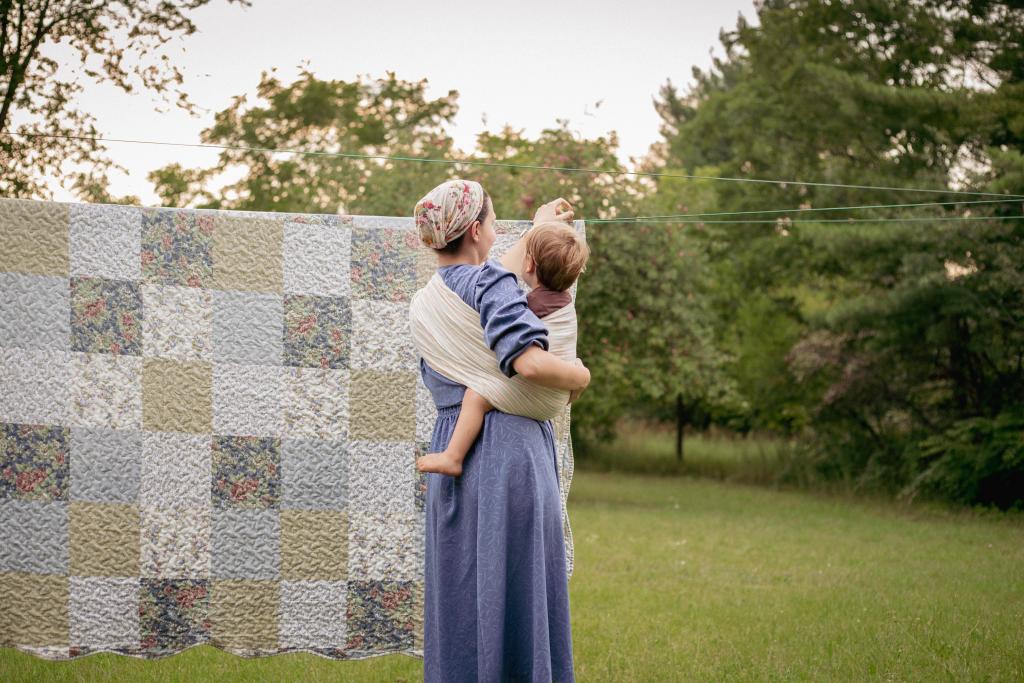
At Grace Private we know it can be hard for new parents to keep up with all the new terms around childbirth and parenting. One such term is attachment parenting, which is also known as natural parenting or instinctive parenting.
Before you decide if attachment parenting is right for you and your baby it’s important to have a good understanding of what it actually means.
Attachment parenting goes back decades, but many people believe it has been practiced for thousands of years in non-western societies, it just wasn’t coined as ‘attachment parenting’.
Many parents use this style of parenting without realising it. It’s a parenting style that encourages parents to be more intuitive when recognising their child’s needs and take on a more instinctive approach that does away with scheduled feeds and sleep patterns.
Attachment parenting is about doing what works best for you and your baby, understanding their physical and emotional needs and responding appropriately. There is a strong focus on building a strong attachment between parents and baby.
There aren’t any specific rules around attachment parenting, however it may include co-sleeping or using gentle and more nurturing techniques to get your baby to sleep, responding to their cries, on-demand feeding and having limited time separated from your child in the first few years.
Some behaviours of attachment parenting include:

Advocates for attachment parenting believe this style of parenting has many benefits, including:
Like with anything, there are pros and cons. Some potential issues you may face when practicing attachment parenting may include:
You may be wondering how attachment parenting is possible if you have to return to work?
If you have to return to work there are many ways you can still practice attachment parenting. Here are a few suggestions:
Like all parenting advice, it’s important to remember that how you parent is ultimately your decision. Attachment parenting is only one style of parenting and it might not suit everyone. You may want to adopt certain parts of the attachment parenting style and avoid others. We recommend trusting yourself and doing what feels right for you and your baby.
If you would like some extra advice or would like to speak with someone about parenting, our Grace Private clinical psychologists Karen White and Kerryn Blunt are here to help. Book an appointment today.

